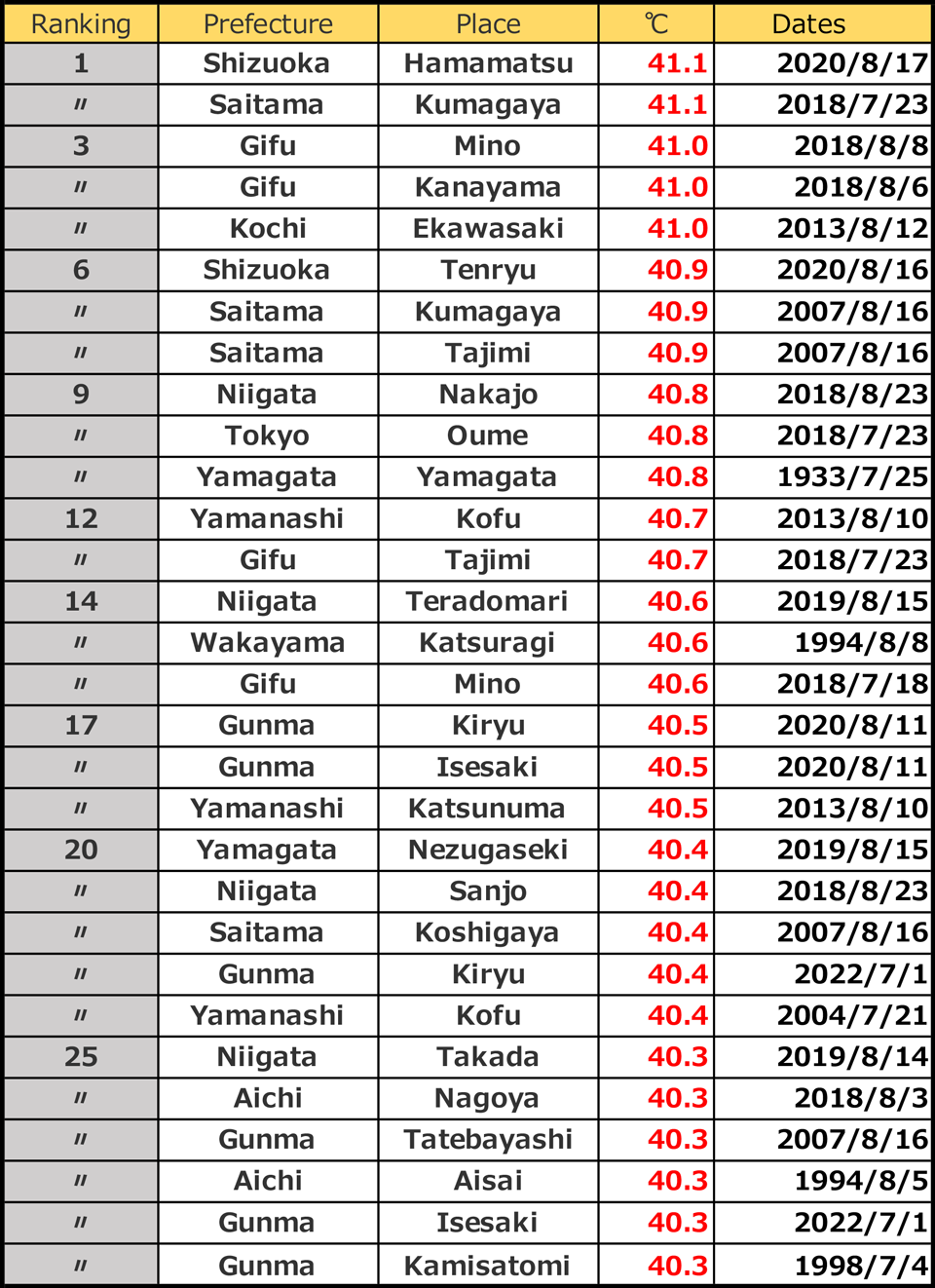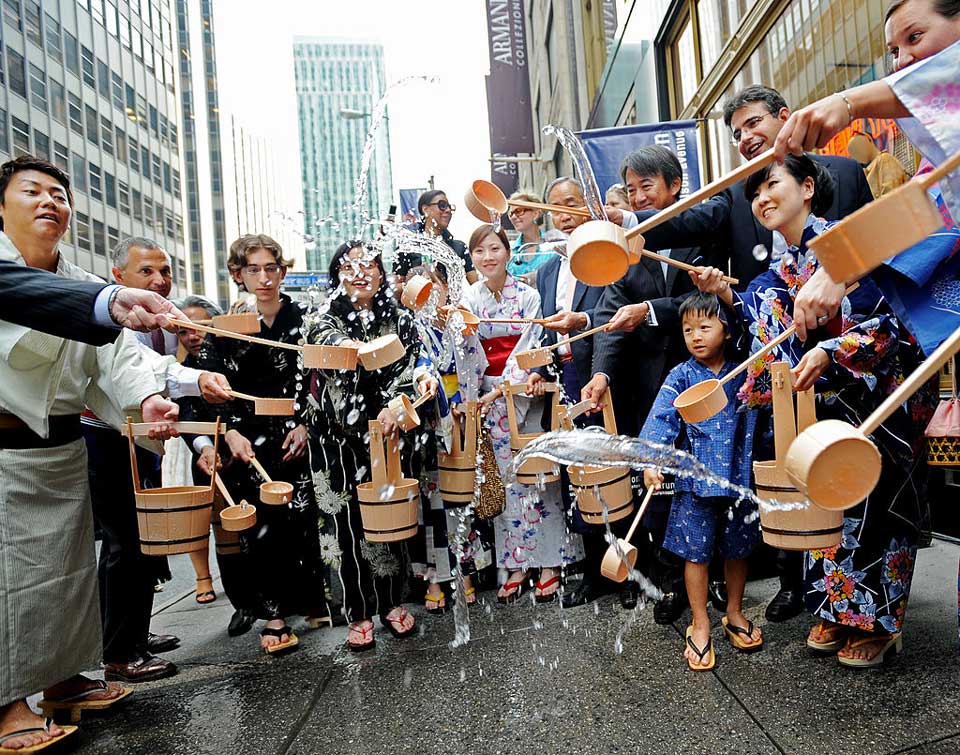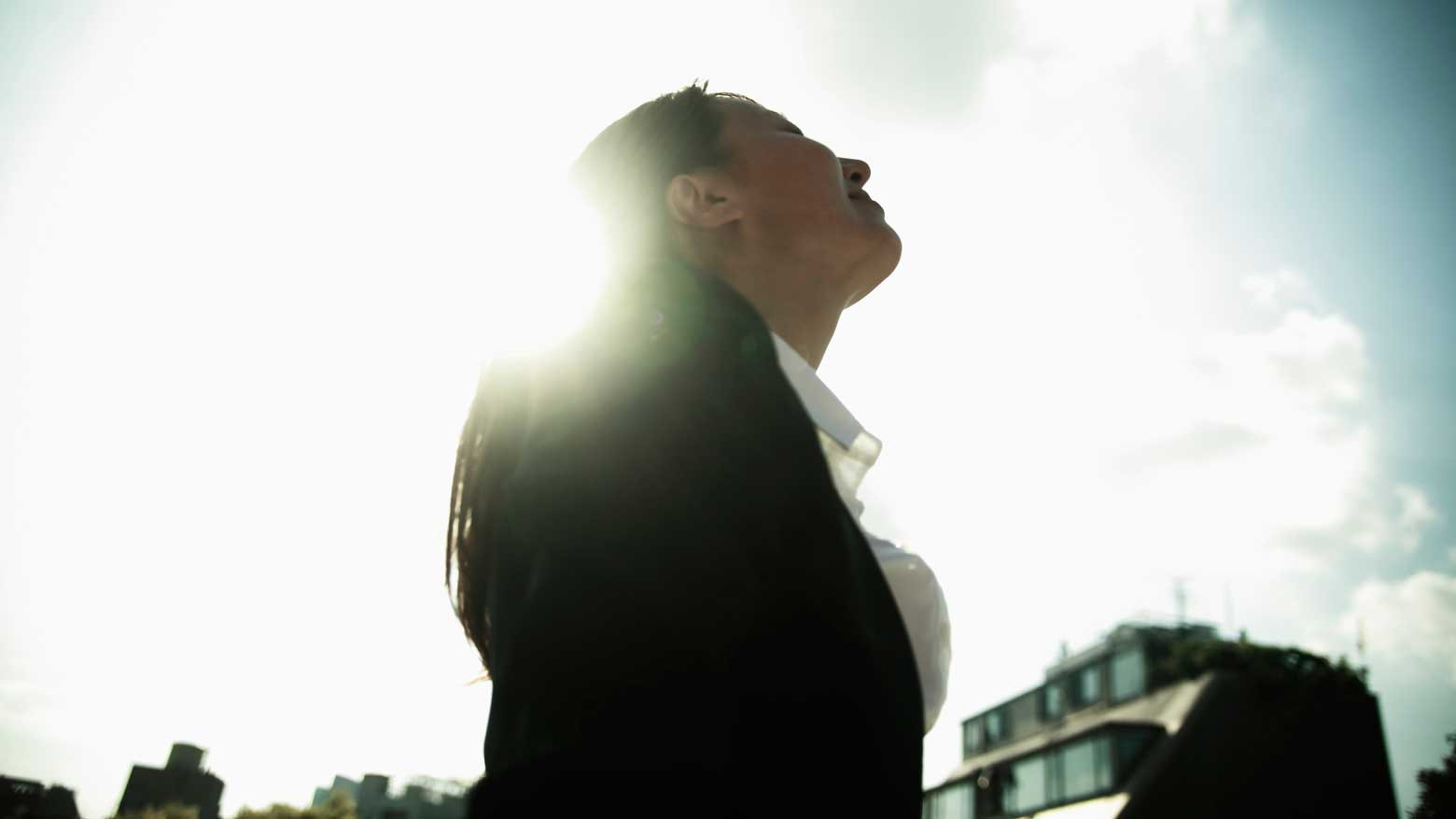In the Tokyo region, the wet season wrapped up 22 days earlier than usual and the earliest since records started in 1951. Then came the sun. In the metropolitan region, temperatures reached 35 degrees Celsius earlier than ever before and stayed that way for nine days -- the longest heatwave on record.
Significant change since 2000's
The nationwide average temperature has risen by 1.26 degrees Celsius over the last 100 years. In Tokyo, that figure is 2.4 degrees Celsius.
Japan seldom had temperatures in the 40 degrees Celsius until recently. Besides a blip in 1933, the hottest 30 days on record have all been in the last 30 years.

The last time Japan experienced an abbreviated rainy season and record-shattering heat, in 2018, more than 90,000 people were taken to hospitals with heat-related illnesses.
The heat warmed the ocean and triggered Typhoon Jebi, which made landfall in western Japan in September. It was the strongest typhoon to strike the country in 25 years.
A record-setting high storm surge inundated Kansai International Airport and strong winds pushed a ferry into a connecting bridge, trapping thousands of passengers inside the airport. The storm is also remembered as the costliest typhoon in the country's history.
It is not yet clear whether summer 2022 will be similarly dangerous, the ocean temperatures surrounding Japan are currently much higher than normal. The graphic below shows the anomalies of sea surface temperatures as of July 13. The Sea of Japan and Sea of Okhotsk are far warmer than usual, some areas by as much as 5 degrees Celsius. That would mean lots of moisture feeding any typhoons.

We are now heading into the hottest time of the year. To avoid heatstroke, keep hydrated, consume salt, and stay in air-conditioned rooms during the heat of the day and night. And let's learn from our predecessors about how to combat the heat. Before the advent of air conditioning, they had a custom called uchimizu, meaning pouring water onto the ground. Evaporation takes the heat from the surface, lowering the air temperature around it.

Heat stroke can be life threatening, but it can be also prevented. Take extra care to keep yourself cool and stay safe!


